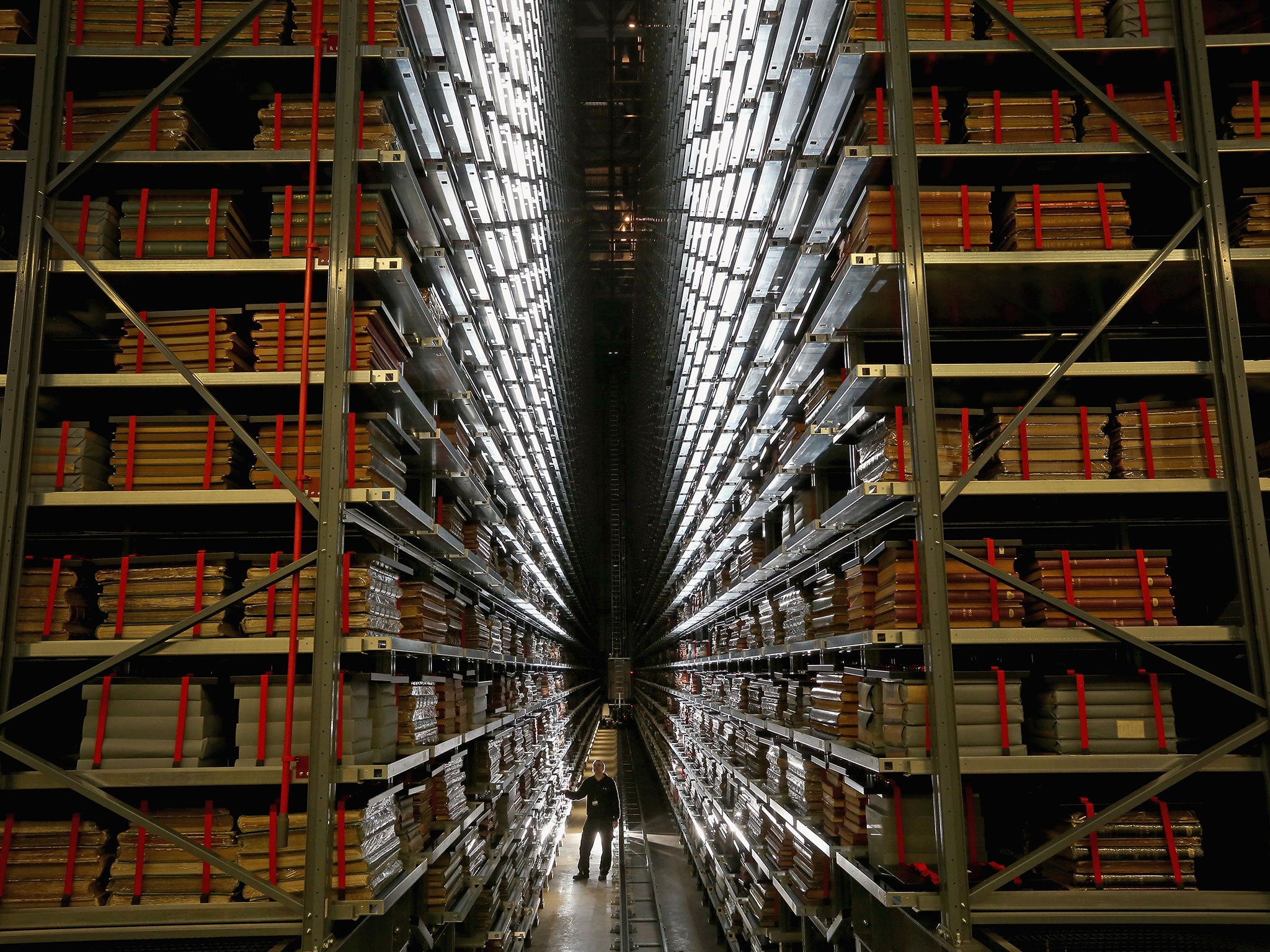'Digital dark age' could leave historians with no records of the 21st century
Google vice president recommends printing out important pictures, so that they can be preserved for history

Your support helps us to tell the story
From reproductive rights to climate change to Big Tech, The Independent is on the ground when the story is developing. Whether it's investigating the financials of Elon Musk's pro-Trump PAC or producing our latest documentary, 'The A Word', which shines a light on the American women fighting for reproductive rights, we know how important it is to parse out the facts from the messaging.
At such a critical moment in US history, we need reporters on the ground. Your donation allows us to keep sending journalists to speak to both sides of the story.
The Independent is trusted by Americans across the entire political spectrum. And unlike many other quality news outlets, we choose not to lock Americans out of our reporting and analysis with paywalls. We believe quality journalism should be available to everyone, paid for by those who can afford it.
Your support makes all the difference.Technology could mean that our lives are lost to history, according to experts.
As the way that we store information about ourselves develops, memories stored in files that use older technology are becoming harder to access, Dr Vinton "Vint" Cerf, vice president of Google, has warned.
That could mean that historians of the future are unable to learn about our lives, Cerf said. He compared the potential loss to the dark ages — the time after the Romans, about which little is known because there are few written records.
Cerf recommended that users make physical copies of important documents, so that they will last into the future.
"In our zeal to get excited about digitising we digitise photographs thinking it's going to make them last longer, and we might turn out to be wrong," he said. "I would say if there are photos you are really concerned about create a physical instance of them. Print them out."
But even that might not work, since historians often don’t realise what the important documents of a time are until centuries after those that made them have died.
"Some people make the argument that the important stuff will be copied and put into new media and so why should we worry," Cerf said. "But historians will tell you that sometimes documents and transactions images and so on may turn out to have an importance which is not understood for hundreds of years. So failure to preserve them will cause us to lose our perspective."
Another way of solving the problem is “digital vellum”, a concept that is still in development. That involves taking a snapshot of all the ways that a digital file can be opened, and storing it alongside the document itself — meaning that scientists will be able to use the instructions to reproduce the files by following the instructions.
Cerf illustrated his point with the example of Doris Kearns Goodwin’s book ‘Team Of Rivals: The Political Genius Of Abraham Lincoln’, which was written by searching through libraries to find letters between Lincoln and his contemporaries.
Such a book might not be possible to write about the people living today, he said — the digital content such as emails that an author might need will have “evaporated because nobody saved it, or it’s around but it's not interpretable because it was created by software that's 100 years old”.
Cerf, who is also the chief internet evangelist at Google, made the remarks at the annual meeting of the American Association for the Advancement of Science in the Silicon Valley capital, San Jose, California.
Join our commenting forum
Join thought-provoking conversations, follow other Independent readers and see their replies
Comments